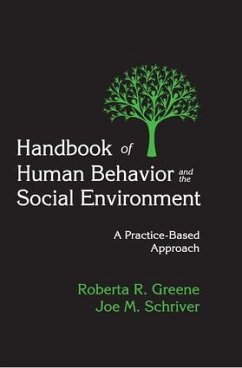
New Directions in the Sociology of Human Rights

PAYBACK Punkte
98 °P sammeln!
New Directions in the Sociology of Human Rights is a contribution to both sociology and to human rights research, particularly where these are directed towards challenging power relations and inequalities in contemporary societies. It expands and develops the sociology of human rights as a sub-field of sociology and interdisciplinary human rights scholarship. The volume suggests new directions for the use of social and sociological theories in the analysis of issues such as torture and genocide and addresses a number of themes which have not previously been a sustained focus in the sociology o...
New Directions in the Sociology of Human Rights is a contribution to both sociology and to human rights research, particularly where these are directed towards challenging power relations and inequalities in contemporary societies. It expands and develops the sociology of human rights as a sub-field of sociology and interdisciplinary human rights scholarship. The volume suggests new directions for the use of social and sociological theories in the analysis of issues such as torture and genocide and addresses a number of themes which have not previously been a sustained focus in the sociology of human rights literature. These range from climate change and the human rights of soldiers, to corporate social responsibility and children's rights in relation to residential care. The collection is thus multi-dimensional, examining a range of specific empirical contexts, and also considering relationships between sociological analysis and human rights scholarship and activism. Hence in a variety of ways it points the way for future analyses, and also for human rights activism and practices. It is intended to widen our field of vision in the sociology of human rights, and to spark both new ideas and new forms of political engagement. This book was published as a special issue of The International Journal of Human Rights.














